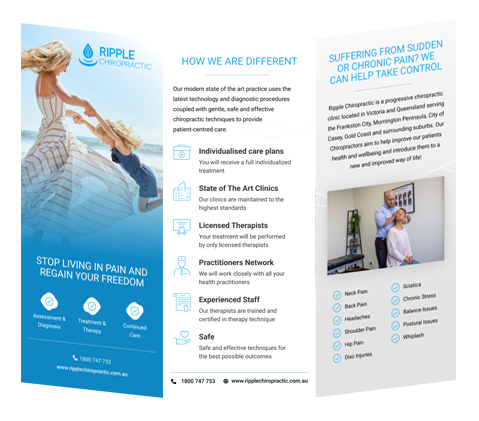What is Inflammation and What Are Risk Factors For Chronic Inflammation?
Last updated on August 18, 2023
Table of Contents
ToggleWhat is inflammation in the body?
Acute inflammation is a natural immune response to an injury or illness. It is part of the immune system response that helps with the healing process. Acute inflammation is generally short-lived and resolves quickly.
Chronic inflammation is more concerning. The effects linger, leaving the body in a constant state of panic. Over time, chronic inflammation will start to have a negative impact on tissues and organs. It can stick around for months or even years and can cause systemic diseases. Chronic Inflammatory diseases are the leading cause of death WORLDWIDE. Around the world, 60% of deaths are due to chronic inflammatory diseases.
These include:
- Stroke
- Cardiovascular disease
- chronic respiratory diseases: COPD, Emphysema
- Cancer
- Obesity
- Diabetes.
These conditions are largely preventable.
Several risk factors promote an inflammatory response. These include:
Age:
Increasing age is positively correlated with elevated levels of several inflammatory molecules. The age-associated increase in inflammatory molecules may be due to mitochondrial dysfunction or free radical accumulation over time and other age-related factors like an increase in visceral body fat.
Obesity:
Fat tissue is an endocrine organ, it secretes multiple hormones that promote inflammation within the body. Studies have shown that body mass index is proportional to the amount of pro-inflammatory cytokines secreted.
Diet:
Diet rich in saturated fat, trans-fats, or refined sugar is associated with higher production of pro-inflammatory molecules, especially in individuals with diabetes or overweight individuals.
Smoking:
Cigarette smoking is associated with lowering the production of anti-inflammatory molecules. Smoking forces the lungs into a constant inflammatory state.
Low Sex Hormones:
Studies show that sex hormones like testosterone and estrogen can suppress the production and secretion of several pro-inflammatory markers and it has been observed that maintaining healthy levels of these hormones can reduce the risk of several inflammatory diseases.
Stress and Sleep Disorders
Both physical and emotional stress is associated with inflammatory cytokine release. Stress can also cause sleep disorders. Since individuals with irregular sleep schedules are more likely to have chronic inflammation than consistent sleepers, sleep disorders are also considered as one of the independent risk factors for chronic inflammation.
Want to know more? Register for our FREE upcoming webinar on the 23rd August at 7pm
This information is general in nature and does not substitute tailored advise to you. Please book a consultation to learn more about how we can help you.



